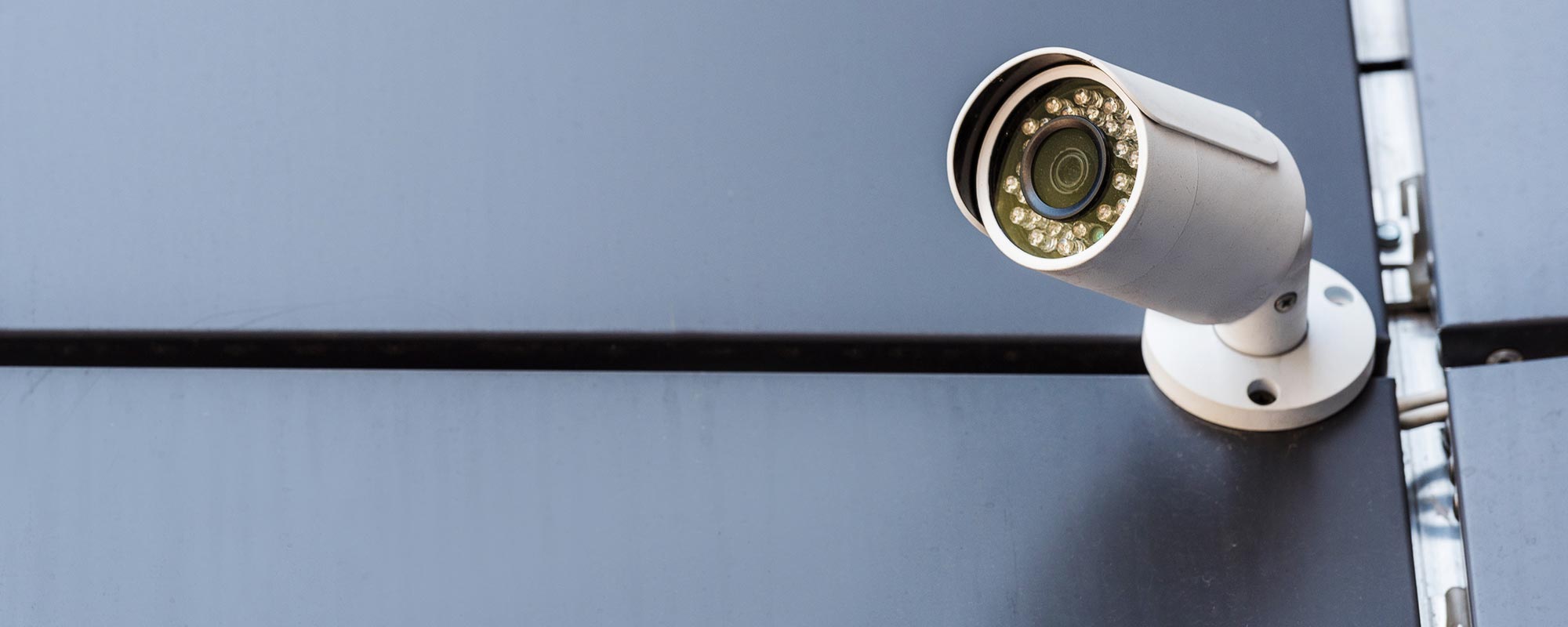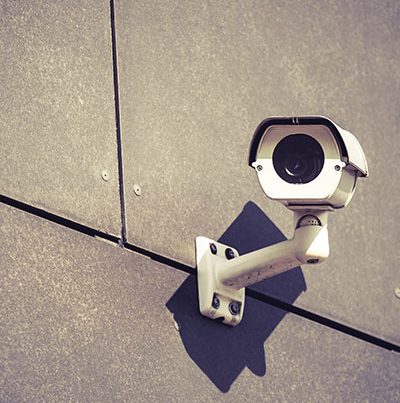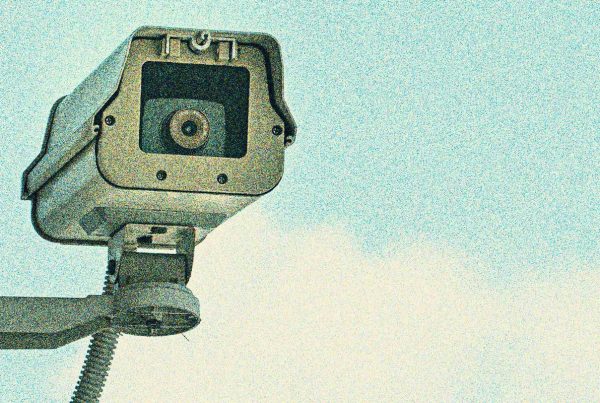A teacher who argued at the Supreme Court that his secret filming of girls’ cleavage wasn’t voyeurism because schools are public places where students are seen and even filmed by security cameras all the time has lost. It’s hard not to feel that common sense has prevailed in the case of R v Jarvis; the decision released February 14 by the Court is a resounding victory for privacy rights for students, and more broadly, for people in Canada.
CCLA argued that students should have privacy rights over their bodies at school—even if the school is a quasi-public space, even if there are also security cameras, it’s simply wrong to use those facts to argue that our young people have no reasonable expectation of privacy when someone points a spy camera at their cleavage. And we took it further, arguing on principle that the fact that any person might be seen or even recorded in a public space cannot automatically be allowed to negate our rights to privacy. Today, the Court agreed, stating unequivocally that “Privacy, as ordinarily understood, is not an all-or-nothing concept, and being in a public or semi-public space does not automatically negate all expectations of privacy with respect to observation or recording.” This is good news for all Canadians who are increasingly subject to surveillance in public and quasi-public spaces.
The facts of the case go like this: Ryan Jarvis used a camera pen inside the high school where he taught to surreptitiously take videos of female students and a female teacher – mostly at chest-level. He was charged with a voyeurism offence. At the Ontario Court of Appeal, he was acquitted because the Court found the videos were not taken in circumstances in which the students had a reasonable expectation of privacy. Why? Because the victims were filmed by the accused in public areas of the school where they could be seen by others – and where they were also recorded by security surveillance cameras.
CCLA took the principled position that an “all-or-nothing” approach to privacy in public is wrong—and a major departure from past legal decisions which have, in contrast, affirmed that even in public people retain some right to privacy. Further, schools are places we legally require our children to attend. This makes the duty to safeguard the privacy, bodily and sexual integrity of this vulnerable group on school premises an imperative.
When we put surveillance cameras in our schools, the reason most often put forward is to keep our young people safe. It’s the height of hypocrisy to argue that the presence of those cameras removes students’ expectation of privacy when someone is taking surreptitious pictures of girls’ and women’s bodies. When we think about a reasonable expectation of privacy, we have to take a principled approach, look at the totality of circumstances, and remember that privacy protects people, not places. The Court today agreed, rejecting the idea that a reasonable expectation of privacy is purely location-based, and laying out a non-exhaustive list of factors that may figure in an analysis, including a number of factors CCLA identified in our factum: the nature of the location, the manner in which the observation or recording is done (including the use or capabilities of technology), the subject matter/nature of the intrusion, the rules or regulations that govern the space, the relationship between the observer and observed individual, and the personal attributes of the individual who was observed or recorded (including whether the person is a child or young person).
This “totality of circumstances” approach, as we advocated, is the right way to ensure that the objective of the voyeurism offence—to protect individuals’ privacy and sexual integrity, particularly in the context of evolving technology—is fulfilled.
More broadly, the rights of every person in Canada who is regularly observed and potentially caught by the lens of a camera as soon as they walk down a public sidewalk have been affirmed. If the mere potential of observation or recording had been deemed to negate our privacy rights, as Mr. Jarvis’s legal team was essentially arguing, then we would have had a very big rights crisis extending far beyond school hallways and classrooms. Luckily, the Court firmly rejected this argument and confirmed their commitment to a contextual, normative approach to privacy in the face of technological change.
CCLA is represented by Jonathan Lisus and Zain Naqi of Lax O’Sullivan Lisus Gottlieb LLP.
About the Canadian Civil Liberties Association
The CCLA is an independent, non-profit organization with supporters from across the country. Founded in 1964, the CCLA is a national human rights organization committed to defending the rights, dignity, safety, and freedoms of all people in Canada.
For the Media
For further comments, please contact us at media@ccla.org.





